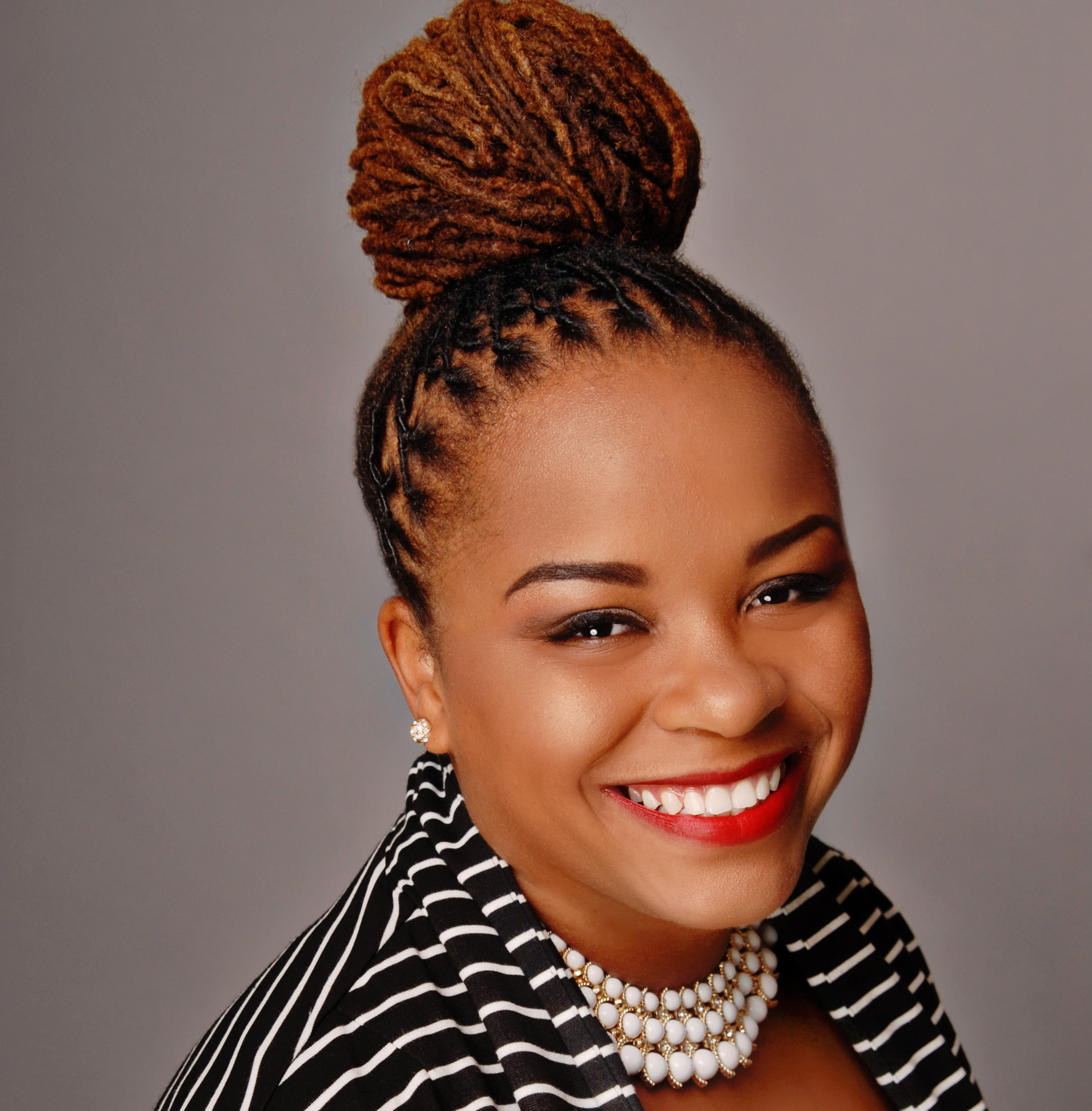Jason R. Curry, PhD currently serves as the Dean of the Chapel at Fisk University. He is a licensed and ordained Itinerant Elder in the African Methodist Episcopal Church (AMEC). A Morehouse man, Curry also holds a Master of Divinity Degree from Harvard Divinity School and in 2005 he completed his doctoral degree studies at Vanderbilt University. Curry is a member of Omega Psi Phi Fraternity, Inc. and he is also a Connecting Link. Curry is married to Angela and they are the proud parents of three children, John, Nia, and Samuel. Stay connected with him on Facebook at Fisk Chapel.
By: The Reverend Dr. Jason R. Curry, Morehouse ’92
Black History month is upon us. We are indeed grateful for the tremendous legacy of African American achievement that is highlighted throughout the nation during the month of February. Dr. Carter G. Woodson, author of The Mis-Education of the Negro and The History of the Negro Church, is credited with the establishment of Negro History Week in 1926. This was later expanded to Black History Month. It is good to know that civic, cultural, religious and academic institutions are continuing to recognize and celebrate the outstanding contributions of African Americans. African Americans have made numerous contributions in economics, athletics, the humanities, the sciences. Our contributions are even found in politics as African Americans and the global community celebrates the re-election of President Barack Obama. Our achievements are remarkable indeed when one considers our beginnings in the United States.
Many of our greatest achievements were made possible through the leadership and laity of the Black Church. Undoubtedly, the social justice agenda of the Christian church influenced individuals such as Nat Turner, Albert Cleage, Sojourner Truth, Adam Clayton Powell, Martin Luther King and Rosa Parks to address racial apartheid in America. Many of the social, economic, political and cultural goals of the Civil Rights Movement have been achieved as a result of this relationship; one must raise the following question: What role will the Black Church play in addressing problems confronting the African American community? Maybe there needs to be a clarification of the some of the social problems that must be remedied to improve our society. One glaringly apparent problem that must be addressed is incarceration.
Recently, I read sections of, The New Jim Crow: Mass Incarceration in the Age of Colorblindness by Michelle Alexander. In this text, the author argues that racism exists in our criminal justice system, and millions of African-Americans are being systematically and negatively impacted by laws that seemingly target a particular group of people. Dr. Alexander states Jim Crow laws of the twentieth century and have been “updated”. This causes a disproportionate percentage of African Americans to be unfairly targeted and incarcerated. These laws earn them the title of “criminal”. As “criminals” they are denied basic rights and liberties (e.g., the right to vote) even after their prison sentence is served. Essentially, the criminal justice system is being used to create a new caste system and African Americans are at the bottom.
Looking at incarceration and other challenges facing African Americans and our global society, Dr. Alexander offers strategies for addressing this problem, however it is incumbent to not only recognize problems but move toward solutions.















Reblogged this on Grace Fellowship Worship Center.